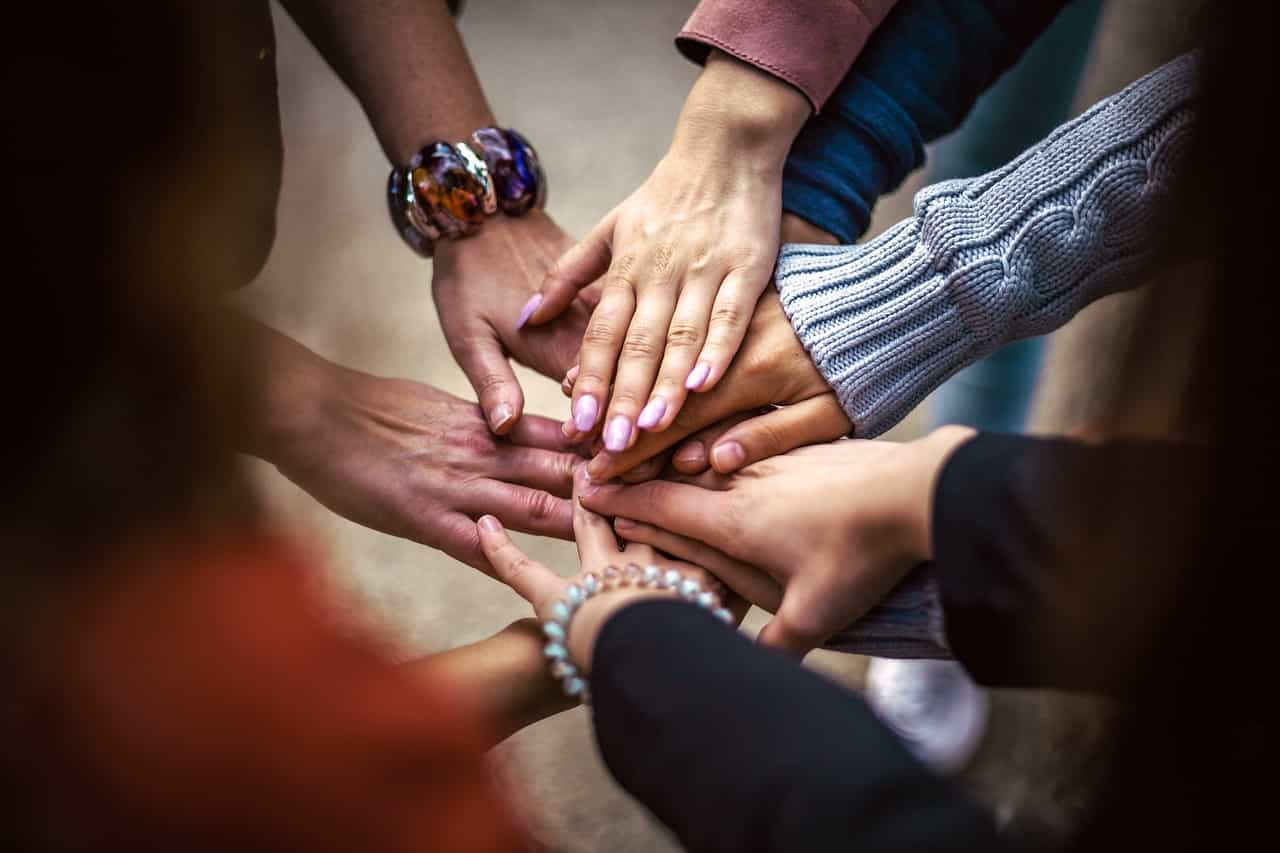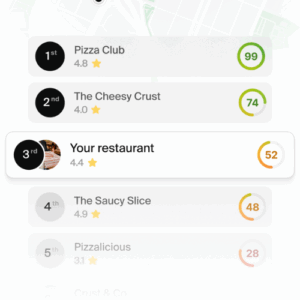The meaning of rapport refers to the connection or relationship you establish with another person. It’s like when you understand and get along with someone, creating a kind of rapport. Building that rapport involves developing that connection with the other person.
Sometimes the relationship comes naturally. We’ve all experienced situations where we just “hit it off” or “get along” with someone without having to try too hard. This is how friendships usually begin. However, you can also consciously build and cultivate rapport by finding common interests and showing empathy for the other person.
1. Why is Rapport important?
Relationships play a critical role in both our professional and personal lives.
In the workplace, employers tend to hire those who they believe will get along well with their current team. On the other hand, in personal relationships, it is easier to establish and develop connections when there is greater affinity and mutual understanding.
When we meet someone for the first time, we naturally try to establish rapport. Small talk, although it may sometimes seem trivial, is a way to find common ground with other people and build that shared bond. This bond is important because we all tend to prefer to be with people similar to us.
It is much easier to establish a good relationship with someone who shares many similarities with you or shares your interests.
When there are commonalities and shared topics of conversation, it makes it easier to build a strong relationship. In addition, having a shared frame of reference helps communication to be smoother and more effective overall.
However, you may have occasionally thought to yourself, “He/she is nice, but we really don’t have much in common.” In situations like these, working together can be more challenging and communication can be more difficult, due to the lack of a shared frame of reference. In such cases, it will take more effort to build a good relationship and develop it, although it is still possible to do so.
2. The big secret: breaking the ice
When you meet someone for the first time, there are some simple things you can do to reduce tension and create a more relaxed atmosphere, which will encourage effective communication.
These include:
- Use “safe” and non-threatening topics for initial conversations. Talk about previous shared experiences, the weather, or the journey to where you are. Avoid talking too much about yourself and avoid asking direct questions about the other person.
- Pay attention to what the other person is saying and look for shared experiences or circumstances. This will provide more material for conversation in the early stages of communication.
- Try to incorporate a little humor. Laughing together creates a sense of harmony. You can make a joke about yourself or the situation you are in, but avoid making jokes about other people.
- Be aware of body language and other non-verbal signals that are being sent. Try to maintain eye contact for approximately 60% of the time. Relax and lean slightly toward the other person to show that you are listening, and mirror their body language if appropriate.
- Show empathy. Demonstrate that you can understand the other person’s point of view. Remember that building a relationship is about finding similarities and being on the same page as the other person. Being empathetic will help achieve this.
- Make sure the other person feels included but not interrogated during initial conversations. Just as you may feel tense and uncomfortable meeting and talking to someone new, so may the other person.

3. Rapport manifests itself when you do not speak
Initial conversations can help us feel more relaxed, but much of relationship building occurs through nonverbal communication channels, without the need for words.
We create and maintain a subconscious connection through nonverbal cues, such as body posture, movements, eye contact, facial expressions and tone of voice in interaction with the other person.
Watching two friends conversing can show us how they instinctively imitate each other’s nonverbal communication. Rapport is created naturally, as it is our instinctive way of avoiding conflict, something most of us prefer to avoid as much as possible.
It is important to use appropriate body language. We instantly read and trust the signals conveyed by body language, whereas we can be more persuaded by verbal communication. If there is a discrepancy between what we say and our body language, the person we interact with will believe the body signals more. Therefore, building a good relationship starts with showing appropriate body language. This usually involves being welcoming, relaxed and open.
4. Useful tips for applying Rapport
There are certain behaviors that are especially helpful in establishing a good relationship:
- If you are seated, lean toward the person you are talking to, keep your hands open and avoid crossing your arms and legs. This open body language will help both of you feel more relaxed.
- Maintain eye contact with the other person approximately 60% of the time. It is important to make eye contact, but be mindful not to make them feel uncomfortable.
- Show agreement and support as you listen by nodding your head and making gestures or sounds of encouragement.
- Smile!
- Use the other person’s name at the beginning of the conversation. Not only is it considered polite, but it will also help reinforce their name in your mind so that you are less likely to forget it.
- Ask open-ended questions of the other person that require more elaborate answers than a simple yes or no. These questions are more comfortable to answer, as they do not put you in a position of having to give a clear opinion. These questions are more comfortable to answer, as they do not put you in a position of having to give a clear opinion.
- Avoid controversial topics of conversation. It’s easier to talk about the weather, the latest speaker or travel plans than to risk discussing politics.
- Use feedback to summarize, reflect and clarify what you think the other person has said. This provides an opportunity to quickly correct any misunderstandings.
- Talk about things related to what the other person has said. Find commonalities and links between your experiences.
- Show empathy, show that you can understand how the other person feels and that you can see things from their perspective.
- When you agree with the other person, express it openly and explain why you agree.
- Expand on the other person’s ideas, build on what you have shared.
- Avoid judging the other person. Let go of stereotypes and any preconceived ideas you may have about them.
- If you have to disagree with the other person, start by agreeing and then express your disagreement.
- Admit when you don’t know the answer or have made a mistake. Being honest is always the best tactic, and acknowledging mistakes helps build trust.
- Be authentic, allowing your visual and verbal behaviors to work together to maximize the impact of your communication.

We hope this article has helped you understand what Rapport means and how you can apply it.
Remember, to improve your online presence and stand out on Google and Google Maps, having a ra comprehensive solution that can help you improve your Google reviews, rank high in search results and provide an exceptional customer experience.
5. Keep learning with these articles
Hopefully, by now you have a solid understanding of the meaning of Rapport, you can continue reading more articles that will help your brand or business in our Blog.


